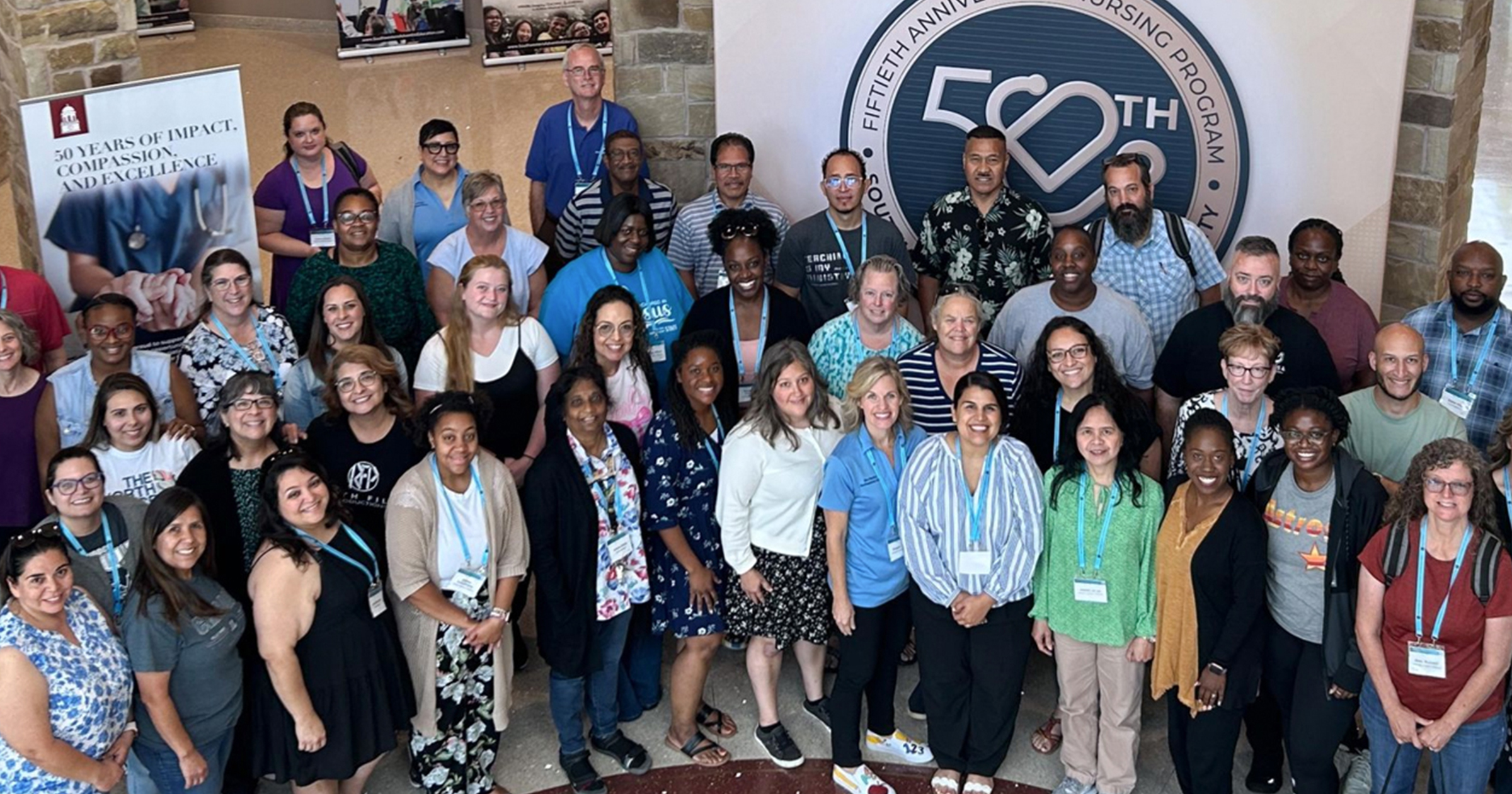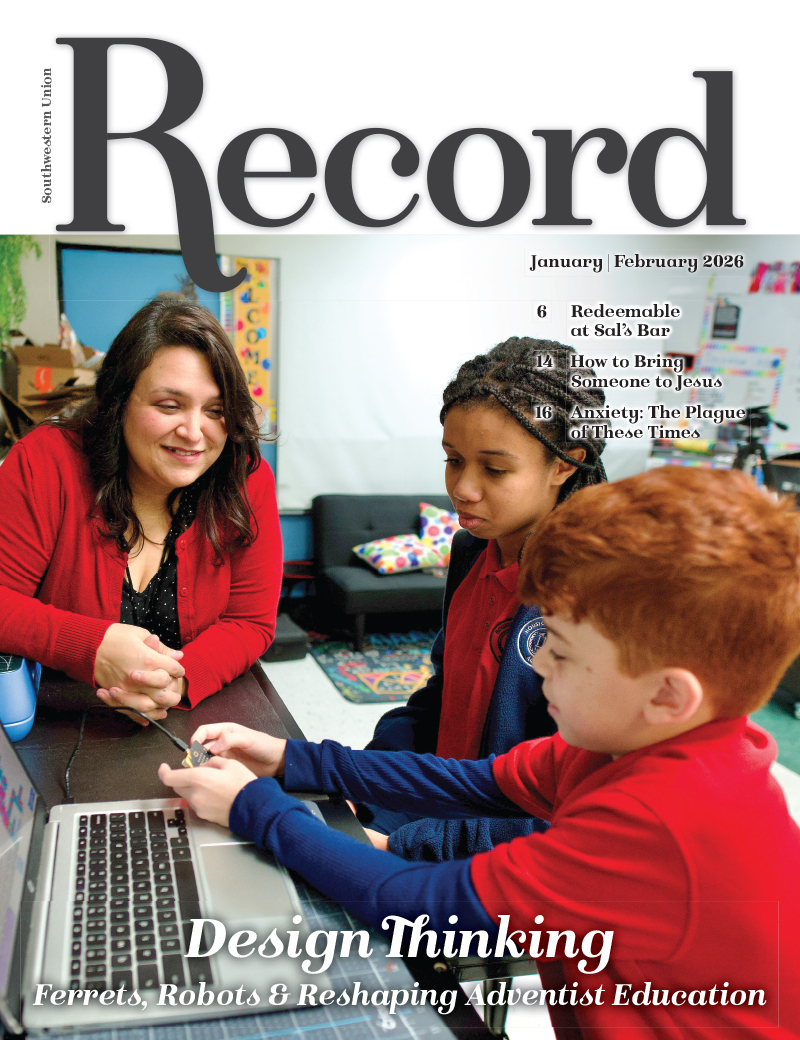STEM Summer Institute Tackles Student Engagement

KEENE, TEX. – Many schools today face an engagement crisis, with students showing less motivation and interest in learning. Some report that school feels irrelevant and disconnected from real-world applications.
Ellen G. White addressed this concern in her book Education: “Life is too generally regarded as made up of distinct periods, the period of learning and the period of doing—of preparation and of achievement. In preparation for a life of service the youth are sent to school, to acquire knowledge by the study of books. Cut off from the responsibilities of everyday life, they become absorbed in study, and often lose sight of its purpose.”
Educators have proposed solutions that focus on three phases of learning: (1) “knowing that,” or surface learning, which emphasizes acquiring knowledge and skills; (2) “knowing how,” or deep learning, which emphasizes making connections, analyzing and synthesizing information; and (3) “knowing with,” or transfer learning, which emphasizes applying knowledge and skills in new and more complex contexts.
Responding to these concerns, the Southwestern Union office of education organized a K-12 STEM Summer Institute in July. The event featured a problem-based learning approach, often referred to as project-based learning, which incorporates all three phases. Design thinking was used as the vehicle, emphasizing problem identification, solution generation and prototype development and testing.
Robert Henley, director of innovation for the Florida Conference and associate director of EXSEED, facilitated the institute. Educators engaged in activities that built knowledge and skills while pushing them deeper into analysis and synthesis. They then worked in collaborative groups to transfer these strategies to real-world challenges.
K-6 teachers designed playground models for disabled students using construction paper, cardboard and pipe cleaners to accommodate various disabilities. Grades 7-12 teachers focused on creating devices to address pusher syndrome, a balance condition resulting from a stroke. Using microcontrollers and block coding, teachers developed wearable medical prototypes to assist with balance.
Design thinking reinforced the three phases of learning and strengthened Portrait of a Graduate competencies, which include collaboration, critical thinking, creativity, innovation and communication.
Problem-based learning offers one potential solution to disengagement by providing students with meaningful, relevant experiences that connect classroom learning with life.
By Carol Campbell, Ph.D.
Vice President for Education


